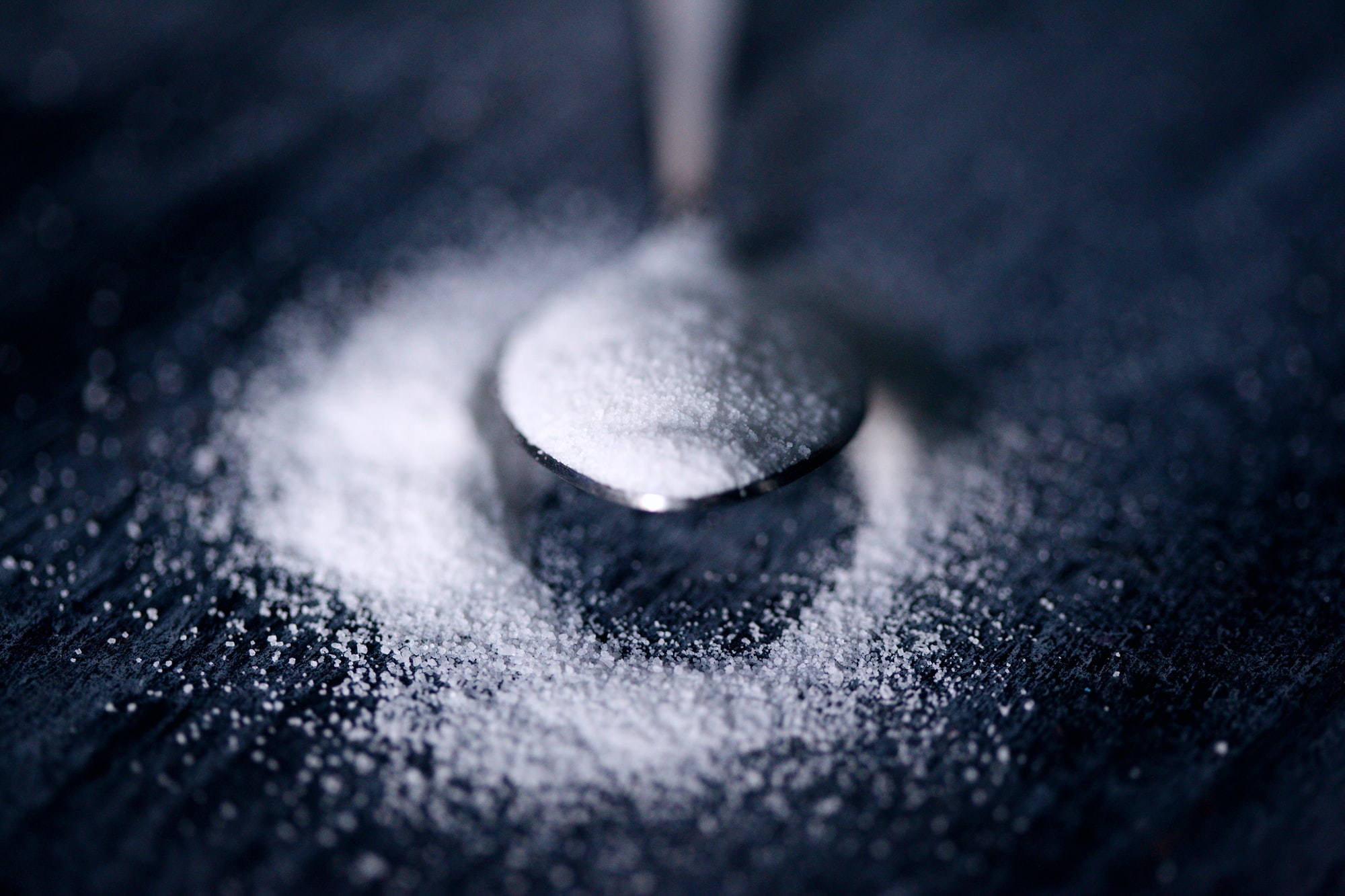
It’s sweet, it’s stimulating, and your body always wants more of it.
Like many millennials, I have ingested a mildly worrying amount of sugar over the course of my life. We didn’t really realize the sheer scope of sweeteners in all the breakfast cereal and soda we were consuming in our childhoods. This is why a lot of us, even into our adult years, still have seemingly unshakable sugar cravings. What you might not know, though, is that force of habit from one’s childhood isn’t the only reason could constantly be craving sugary snacks (though it is a pretty consistent one).
See, your brain, in addition to be powered by electrical signals from your nervous system, is also controlled by a complex network of chemical switches. Eating sugar and sweeteners sends empowering chemicals up to your brain, which is why people with sugar sensitivities get really happy and hyperactive, if only until the sugar finishes processing. If you’re lacking in particular chemicals, your brain will crave sugar in order to make up the difference, however briefly it can.

One example of a vital chemical is serotonin. Serotonin is a chemical that controls mood; people with lower serotonin levels tend to more frequently experience things like depression and anxiety. When you’re in a funk, you crave something sweet, because your brain wants the serotonin boost from the sugar. Another example is ghrelin, a hormone that helps your brain regulate hunger signals. If your diet is imbalanced, your body releases less ghrelin, which makes it harder for your body to figure out when it is and isn’t hungry, leading to excessive snacking.
There’s a veritable textbook of reasons why your brain could crave sugar, but the important thing is to keep your consumption in moderation. A little sugar here and there isn’t terrible; after all, sugar is nice, and it’s okay to treat yourself once in a while. But you can’t let it become a habit, lest your body chemistry be thrown out of whack.




